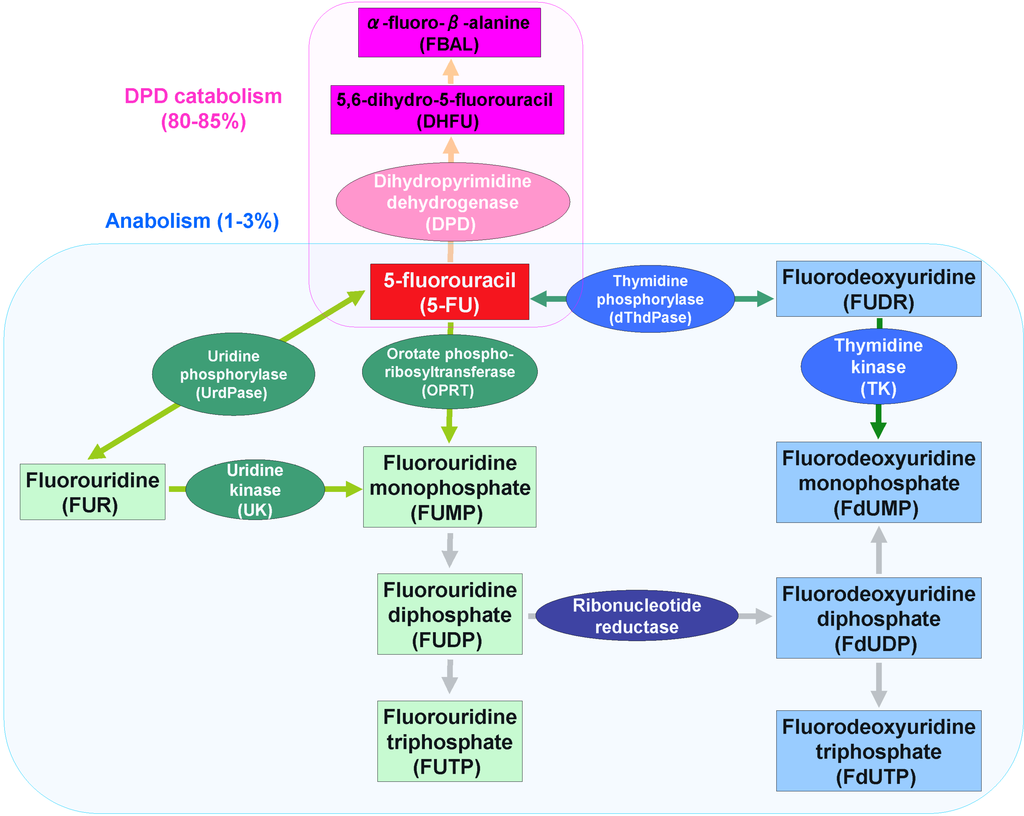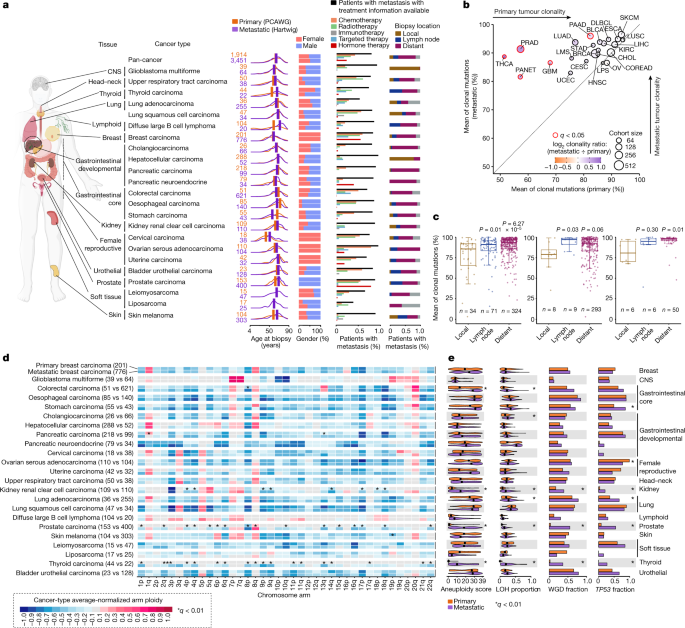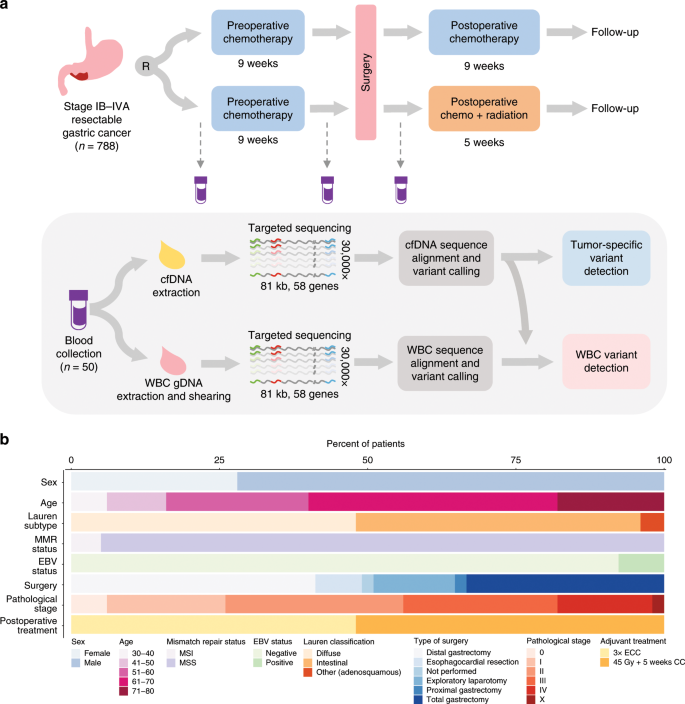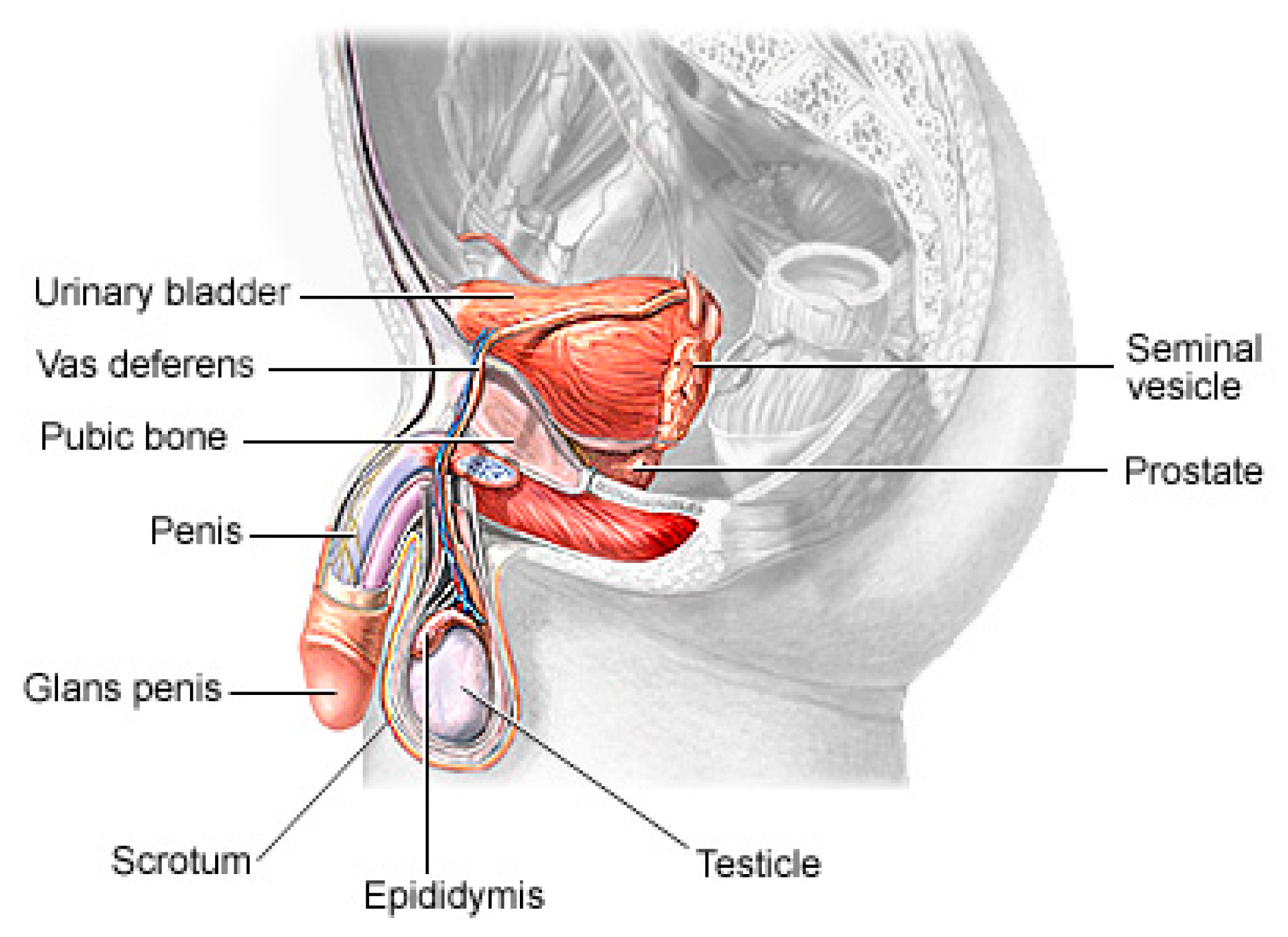Cancers, Free Full-Text
Por um escritor misterioso
Descrição
The use of multiparametric magnetic resonance imaging (mpMRI) has become a common technique used in guiding biopsy and developing treatment plans for prostate lesions. While this technique is effective, non-invasive methods such as radiomics have gained popularity for extracting imaging features to develop predictive models for clinical tasks. The aim is to minimize invasive processes for improved management of prostate cancer (PCa). This study reviews recent research progress in MRI-based radiomics for PCa, including the radiomics pipeline and potential factors affecting personalized diagnosis. The integration of artificial intelligence (AI) with medical imaging is also discussed, in line with the development trend of radiogenomics and multi-omics. The survey highlights the need for more data from multiple institutions to avoid bias and generalize the predictive model. The AI-based radiomics model is considered a promising clinical tool with good prospects for application.

Cancers, Free Full-Text

Prognostic implications of p16 and HPV discordance in oropharyngeal cancer (HNCIG-EPIC-OPC): a multicentre, multinational, individual patient data analysis - The Lancet Oncology

Progress in cancer survival, mortality, and incidence in seven high-income countries 1995–2014 (ICBP SURVMARK-2): a population-based study - The Lancet Oncology

Destination Healthy Skin Toolkit - The Skin Cancer Foundation

Pan-cancer whole-genome comparison of primary and metastatic solid tumours

Neoadjuvant Nivolumab plus Chemotherapy in Resectable Lung Cancer
Detection of HPV-16 DNA by PCR in histologically cancer free lymph nodes from patients with cervical cancer. - Abstract - Europe PMC

White blood cell and cell-free DNA analyses for detection of residual disease in gastric cancer

National Comprehensive Cancer Network - Home
de
por adulto (o preço varia de acordo com o tamanho do grupo)







